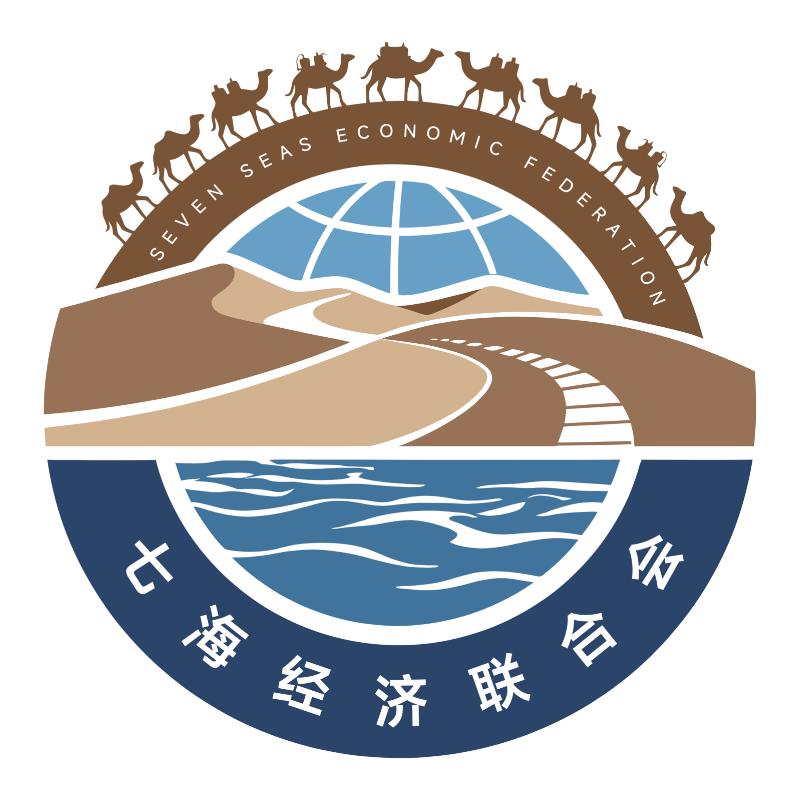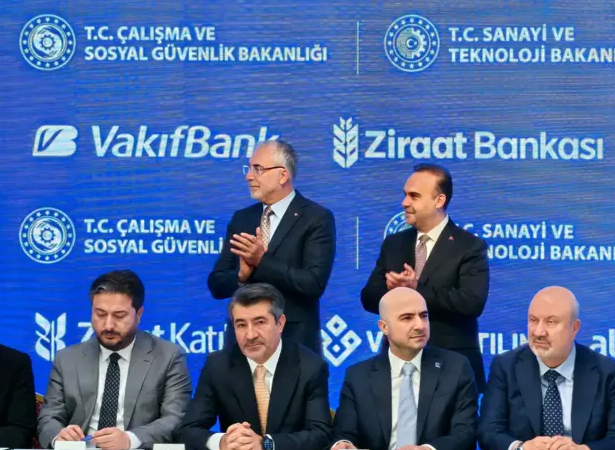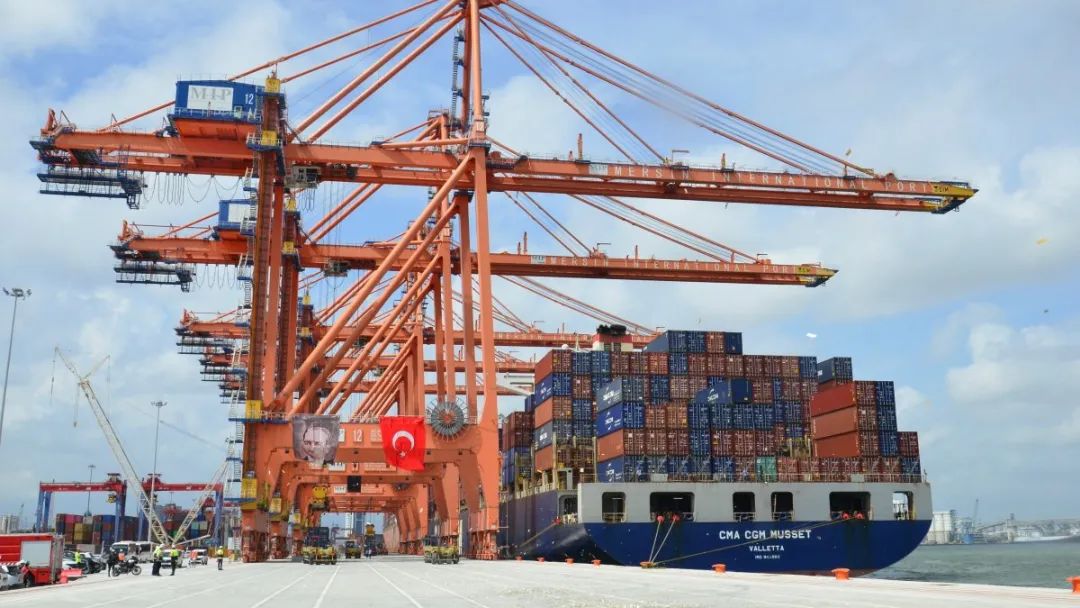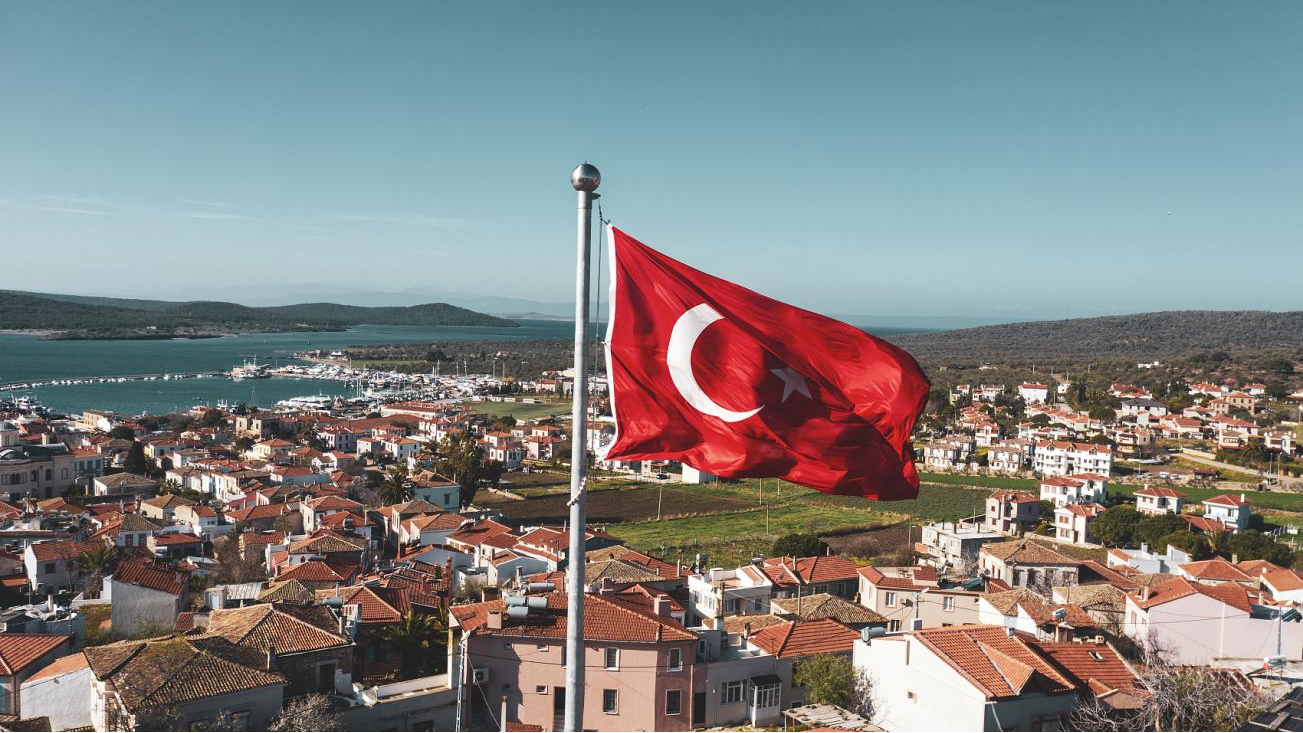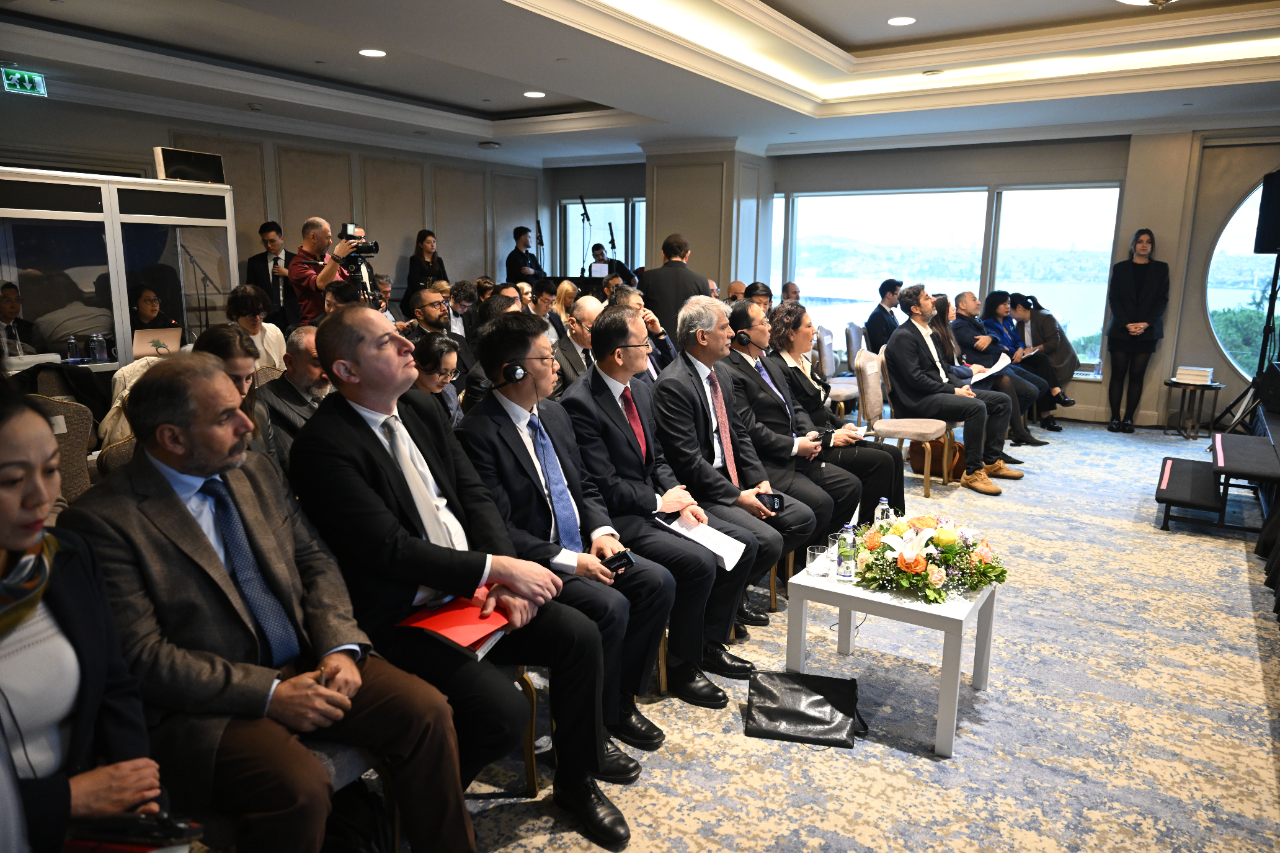Business environment in Türkiye
1. Evaluation from all parties
World Bank evaluation
The Business Environment Report 2020 released by the World Bank shows that Türkiye's business environment convenience ranks 33rd in the world. The ranking of each item is as follows: starting a business (77), obtaining a construction permit (53), obtaining electricity (41), registering property (27), obtaining credit (37), protecting minority investors (21), paying taxes (26), cross-border trade (44), executing contracts (24), and handling bankruptcy (120). The World Economic Forum's evaluation of the 2019 Global Competitiveness Report released by the World Economic Forum shows that Türkiye scored 62.1 points, 0.5 points higher than the previous year, ranking 61st among 141 economies. The areas with significant progress include information and communication technology applications (+4.3 points, 69th place), road networks (+3.9 points, 27th place), infrastructure (+1.7 points, 59th place), and labor markets (+1.7 points, 109th place). In addition, according to the 2018 Inclusive Development Index released by the World Economic Forum, Türkiye ranks 16th among 77 emerging economies.
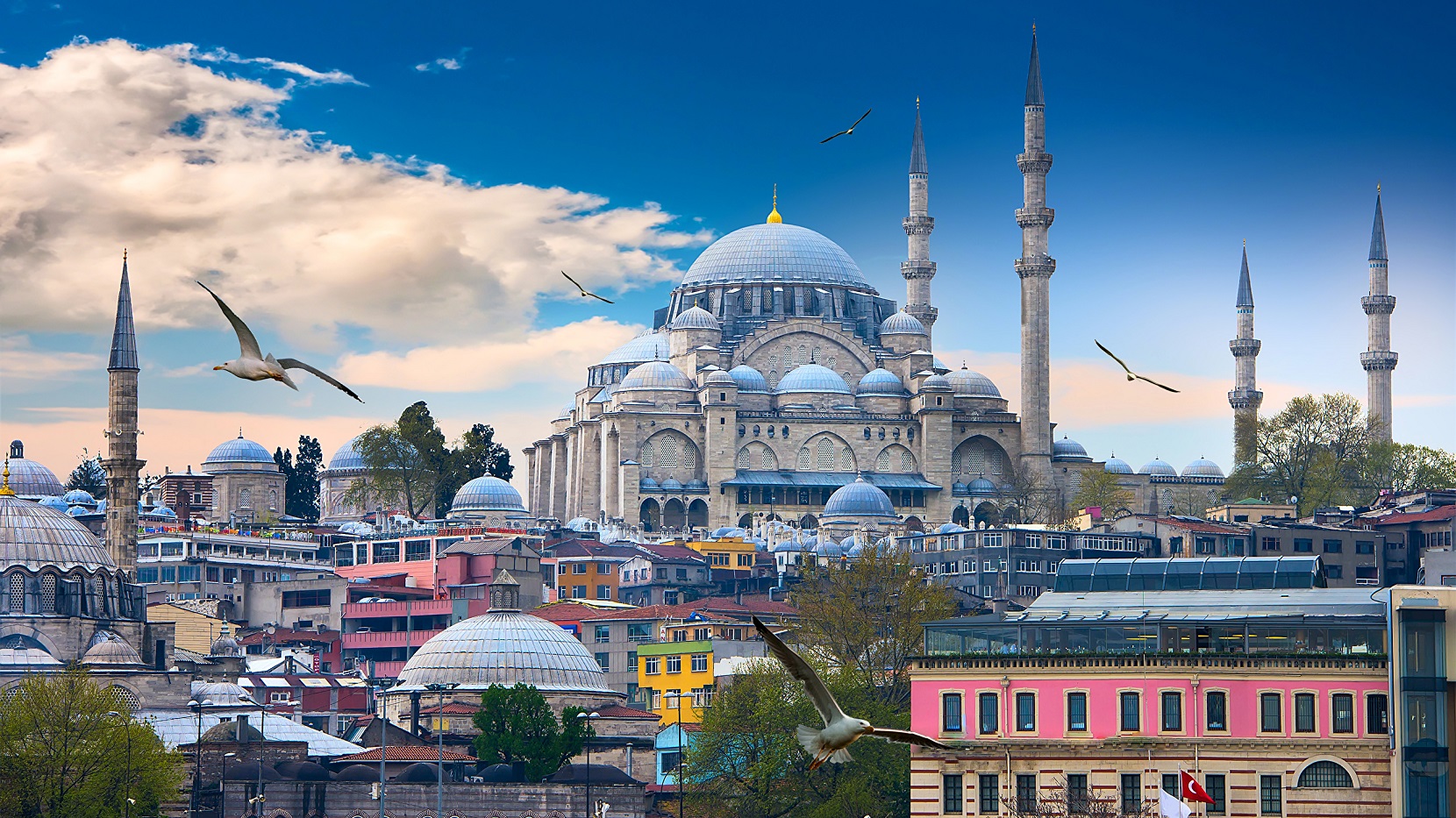
2. Measures related to optimizing the business environment
Encourage research and development innovation
In order to encourage enterprise innovation, the government of Türkiye has specially introduced relevant laws to encourage research and development. For example, in high-tech industries such as software, medicine and medical equipment, agriculture, food, biotechnology, and information and communication technology, R&D centers that employ more than 15 R&D personnel and design centers that employ more than 10 designers can enjoy a 100% corporate income tax deduction for innovative R&D expenses or design expenses, as well as exemption from personal income tax on employee income, exemption from half of employee social security benefits, exemption from import product taxes required for R&D projects, and incentives for researchers' families.
Pay attention to intellectual property protection
Türkiye has a series of complete intellectual property law enforcement measures, such as intellectual property litigation, judicial protection, compensation, injunction relief and border measures, and has courts specialized in intellectual property cases in Istanbul, Ankara, Izmir and other cities. Türkiye has various forms of penalties for infringement of intellectual property rights, such as detention, fines, banning illegal activities and closing business premises. On January 10, 2017, Türkiye's Industrial Property Law No. 6769 came into force, integrating trademark, patent, utility model, design, geographical indication, traditional product name registration, post registration transaction, illegal punishment and other contents, making Türkiye's industrial property protection system clearer and more systematic.
Improve transportation infrastructure construction
At present, Türkiye is promoting a number of infrastructure construction. On August 5, 2020, the Ministry of Transport and Infrastructure of Türkiye released the Strategic Document of National Intelligent Transport System and the Action Plan for 2020-2023, which plans to build an intelligent, safe, fast, economic and environmentally friendly transport system to improve Türkiye's traffic conditions and create good infrastructure conditions for attracting foreign investment.
3. Basic Information on Absorbing Foreign Investment
According to the statistics of the United Nations Conference on Trade and Development, in 2019, Türkiye absorbed foreign direct investment flow of US $8.434 billion, a decrease of 35% over the previous year, and the stock of foreign direct investment was US $164.906 billion, an increase of about 12% year on year. In terms of sources, the Netherlands and the United Kingdom are the top two sources of investment in Türkiye, accounting for 15.1% and 14.7% of Türkiye's foreign investment, followed by Qatar, Germany and the United States, accounting for 10.2%, 7.8% and 6.1% respectively.
In terms of industry, the foreign capital absorbed by Türkiye in 2019 is mainly concentrated in chemical products and artificial fibers, food, beverage and tobacco, refined petroleum, machinery manufacturing, basic materials and manufacturing materials, electronic and optical equipment, textiles and other fields. Among them, chemical products and artificial fibers are the main foreign investment industries, accounting for 57% of the foreign direct investment flow absorbed that year, followed by the food, beverage, and tobacco industries, accounting for about 11%.
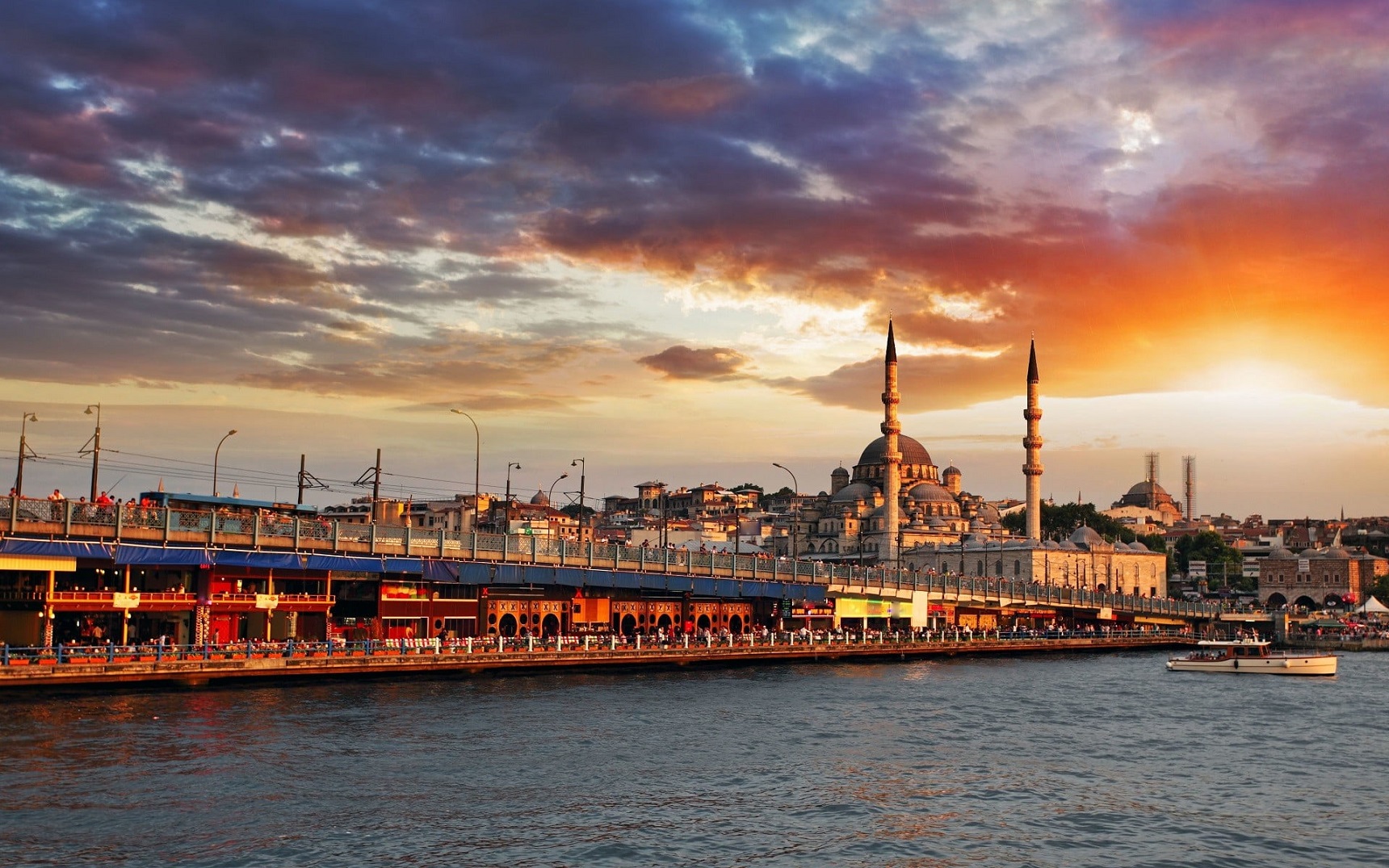
4 Overview of Production Factors
Electricity price
The power supply company signs a power purchase contract with the enterprise, and calculates a fixed monthly fee per kilowatt according to the "contracted electricity quantity" stipulated in the contract, with additional charges for the excess contracted electricity quantity. Enterprises can choose to use medium voltage or low voltage electricity, two-phase electricity or single-phase electricity according to their actual situation, and the electricity tariff rate varies depending on the usage period.
Water and natural gas prices
According to the official data of Türkiye, the price of general industrial water in Türkiye is 1.76USD/m3, and its VAT is 8%. Enterprises in mature industrial parks can enjoy relatively favorable water prices, for example, in the Eski ş ehir OIZ industrial zone, the general industrial water price is 0.11 US dollars per cubic meter. When the natural gas consumption in Türkiye is less than 300000 standard cubic meters, the price is about 1.25 dollars/cubic meter, and when it is more than 300000 standard cubic meters, the price is 1.4 dollars/cubic meter.
Labor cost
Türkiye has a labor force of 32.7 million, which is the third largest labor market in Europe and the fastest growing labor force among EU countries. According to the official data of the Ministry of Family, Labor and Social Services of Türkiye, the minimum monthly salary of the labor force in 2019 is $453.62. Based on the minimum monthly salary, employers are required to contribute social security and unemployment insurance benefits to their employees on a pro rata basis each month, with a minimum monthly cost of $533.
